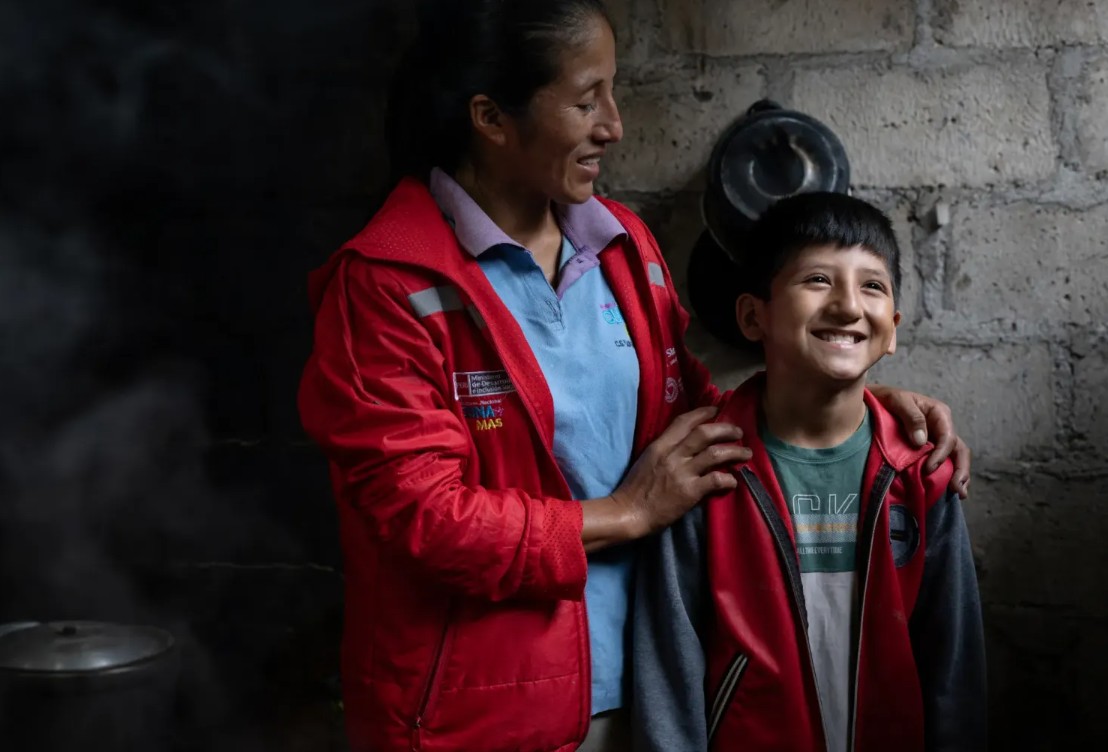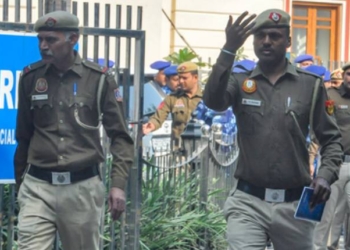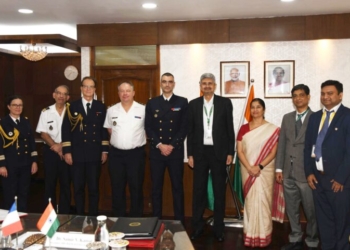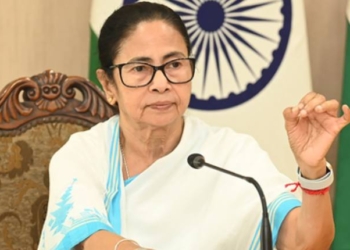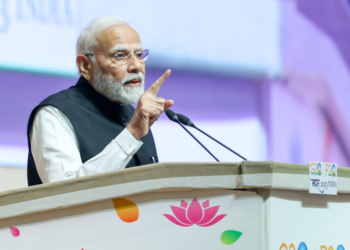New Delhi: India has made significant progress in reducing poverty, and the country’s flagship programmes have supported investments in children, according to the UNICEF on Thursday.
The UN agency’s flagship report, The State of the World’s Children 2025, showed that more than 1 in 5 children in low- and middle-income countries, about 400 million globally, are deprived of at least two areas critical for their health, development, and wellbeing.
Globally, millions of children still lack access to basic services such as education, clean water, safe sanitation, housing, health, and nutrition, which deepens inequality, slows growth, and weakens the social fabric that leaves a lifelong impact even across generations.
“India has made significant progress in poverty reduction, and the flagship programmes have supported investments in children, steering India to be on track for SDG 1.2 ahead of the 2030 endline,” said Cynthia McCaffrey, UNICEF India Representative.
The report cited flagship programmes like Poshan Abhiyaan, Samagra Shiksha, PM-KISAN, Mid-Day Meal Scheme, Beti Bachao Beti Padhao, Swachh Bharat, Jal Jeevan Missions, and world-leading digital public infrastructure, which together converged to deliver nutrition, education, income support, sanitation, and financial inclusion at scale.
India is the most populous country and home to approximately 460 million children under 18 years of age.
According to Niti Aayog’s National Multidimensional Poverty Index (MPI), India helped 248 million citizens, including children, escape multidimensional poverty between 2013-14 and 2022-23, with the national MPI rate dropping from 29.2 per cent to 11.3 per cent.
The country has made a significant increase in social protection coverage from 19 per cent in 2015 to 64.3 per cent, reaching 940 million citizens in 2025, combined with sustained social sector investments, which contribute to this progress in poverty reduction.
“The report reminds us that ending child poverty is achievable with the tools and knowledge we have. There is no greater return on investment than investing in children. India’s progress shows that further acceleration of effective programmes can help reach the last mile and India’s Vision 2047. Improving children’s wellbeing isn’t just about resources, it’s about the collective will and leadership to prioritise children in every decision we make,” said McCaffrey.
(IANS)




